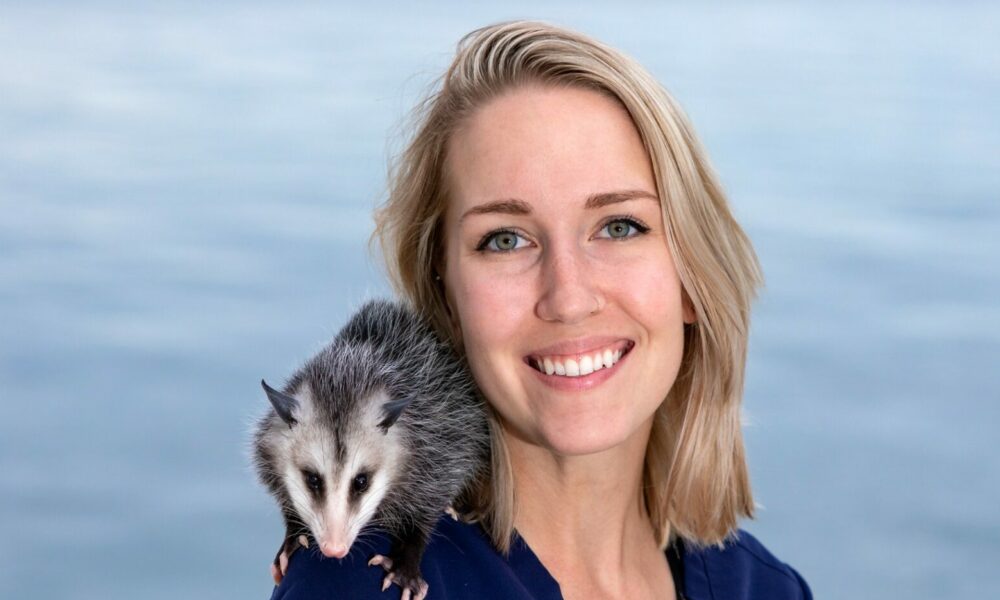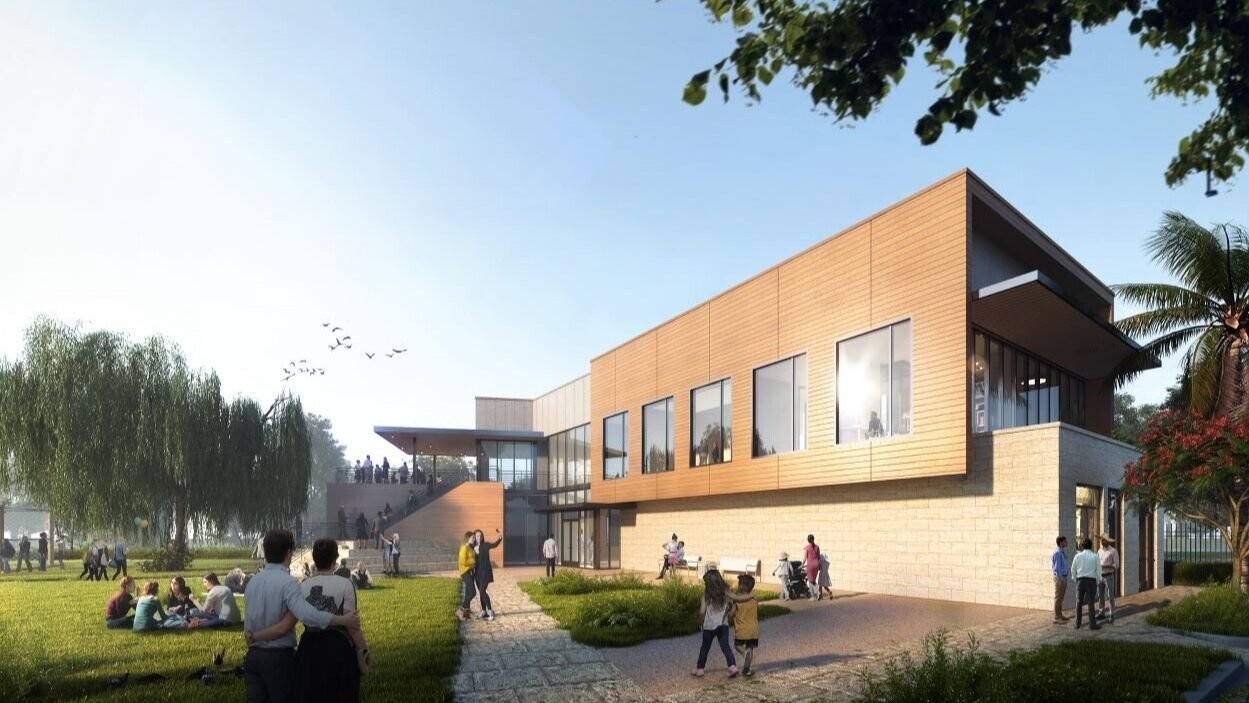

Today we’d like to introduce you to Hannah McDougall.
Hi Hannah, we’re thrilled to have a chance to learn your story today. So, before we get into specifics, maybe you can briefly walk us through how you got to where you are today.
Growing up, I always had a fascination with nature and wildlife. Entering college, I knew that I wanted to pursue something within the sciences, so I began my Freshman year as a Biology major. During my first semester, I took a course titled “Wildlife Conservation and Ecology” and *quickly* realized THAT was what I truly enjoyed learning about. I changed my major to Wildlife Conservation and Ecology the next semester, and the rest is history!
I learned of the field of wildlife rehabilitation during an internship at the Mercer County Wildlife Center in New Jersey. I was shocked that wildlife rehab even existed, let alone that people could get PAID to do it! After my internship, I was hired on as a part-time staff member, and although it was not a common or lucrative career, I decided to follow my heart and pursue wildlife rehabilitation full-time after graduation.
After two months of job searching, I accepted a position at Pelican Harbor Seabird Station on 79th Street, and one month after that, I moved 1,000 miles away to live with two strangers and work at a place I had never laid eyes on.
Luckily, I fell in love with Miami, and it quickly became home, though I’m not sure I would have the same kind of courage today!
Can you talk to us a bit about the challenges and lessons you’ve learned along the way? Looking back would you say it’s been easy or smooth in retrospect?
The decision of what to do with your life is never easy, so I was lucky to find something I was passionate about so early on. I quickly settled into my new home in Miami and worked full-time in the wildlife clinic for three years.
But, like many of us, my work schedule drastically changed when the pandemic began. Of course, wildlife rehabilitation is not a job that can be done remotely, so we began to work in A/B shifts to avoid contact with the other rehabbers. Needless to say, this was a difficult transition, both physically and emotionally. After over a year of odd schedules and overwhelm, I began experiencing severe compassion fatigue, which was bleeding over into my personal life. I was left feeling stuck and began pursuing other career options that aligned with my passion for protecting wildlife and the environment but that didn’t directly involve animal care.
To make a VERY long story short, about 6 months later, I turned down a full scholarship to law school in order to stay with Pelican Harbor Seabird Station in a new position as Director of Communications. I now use my first-hand experience from the wildlife clinic to help promote the important work that Pelican Harbor does and to create and foster meaningful relationships within the community. This transition to the administrative side of things was exactly what I needed, and it was right under my nose the entire time. I wake up every day so grateful that I get to work for such an amazing organization.
A piece of unsolicited advice: Trust your gut. Always!
Alright, so let’s switch gears a bit and talk business. What should we know?
Pelican Harbor Seabird Station is a 401(c)(3) non-profit dedicated to the rescue, rehabilitation, and release of Miami’s wildlife. Founded in 1980, we have treated over 40,000 sick, injured, and orphaned wildlife and now admit over 2,000 patients a year.
Many of our most common reasons for admission are anthropogenic (human-caused), such as window strikes, cat attacks, and hook/line injuries. As a community and a planet, we believe it is our duty to help these animals however we can, as well as help prevent these causes of injury at their source.
While we are a wildlife hospital at our core, we also have a robust education program with offerings ranging from classroom presentations and on-site tours to Seabird Cruises and community events.
We are open 365 days a year, so please drop in any time!
What’s next?
Having been at our current location for over 40 years, we are in the midst of a capital campaign to expand our capacity for care and reach within the community.
Just one mile from our current location, our new 2.6-acre property was previously owned by Miami history icon Julia Tuttle and is truly an urban oasis. With open fields and old-growth tree canopies, this expansion will increase our property size by 14 times, providing plenty of room for flight cages and appropriately sized habitats for our patients and education ambassador animals. Our new wildlife hospital and nature center will be seven times larger than our current facility, allowing us to provide state-of-the-art individualized care for every one of our patients. As a historic Tequesta Native American site, the property will also serve as a nature park and education center.
More information and naming opportunities can be found at pelicanharbor.org/capitalcampaign.
Contact Info:
- Website: www.pelicanharbor.org
- Instagram: www.instagram.com/seabirdstation
- Facebook: www.facebook.com/pelicanharbor
- Linkedin: www.linkedin.com/company/seabirdstation/
- Twitter: www.twitter.com/seabirdstation
- Youtube: www.youtube.com/seabirdstation
- Other: www.twitch.tv/seabirdstation




















